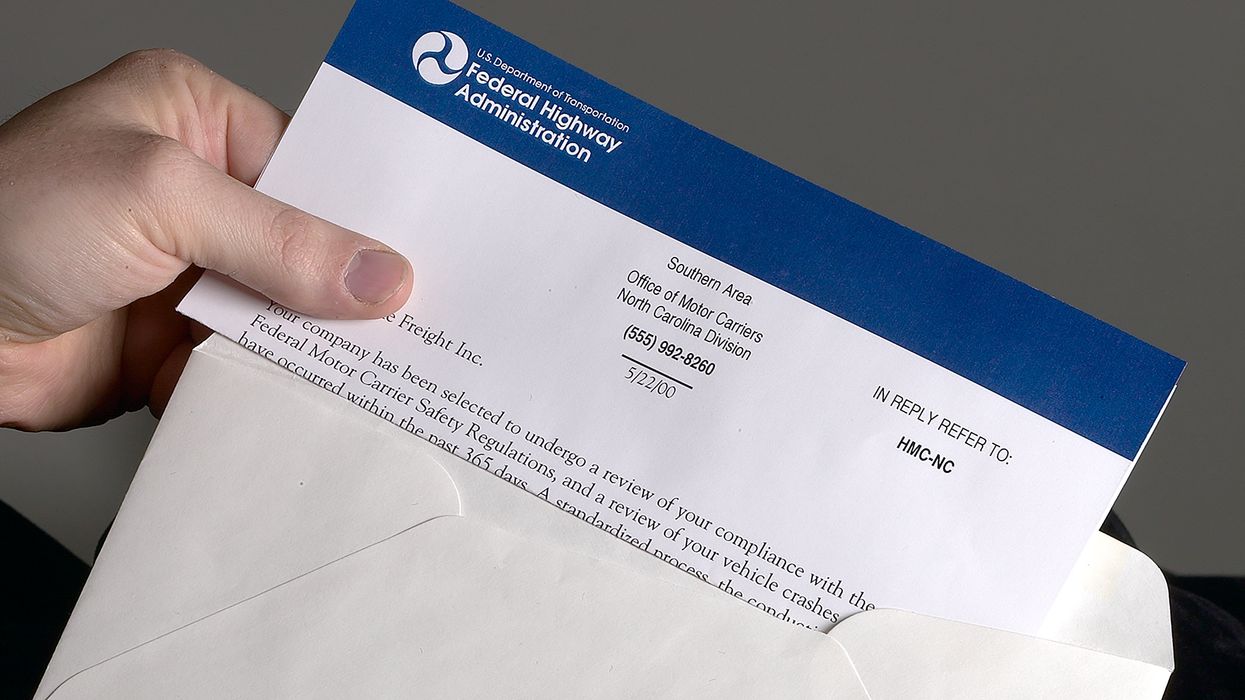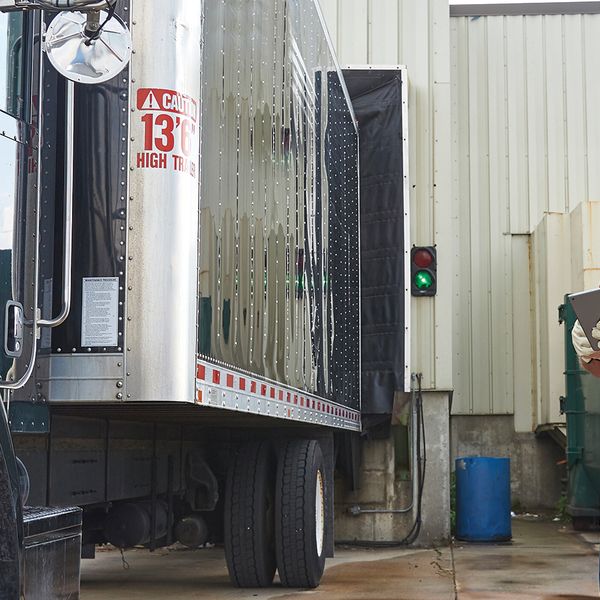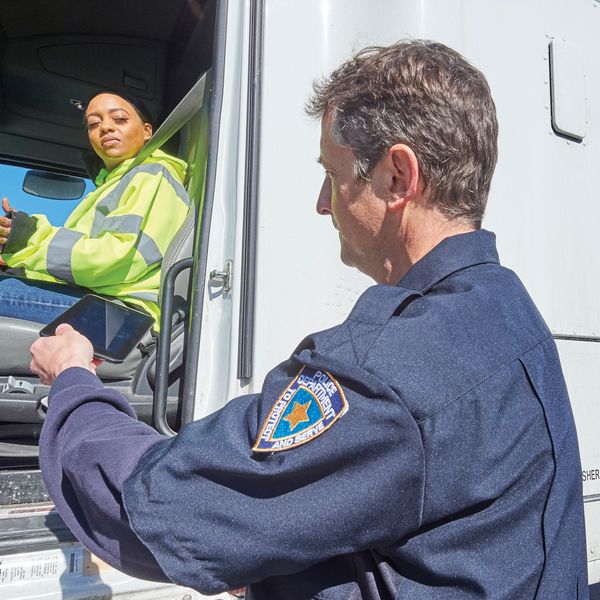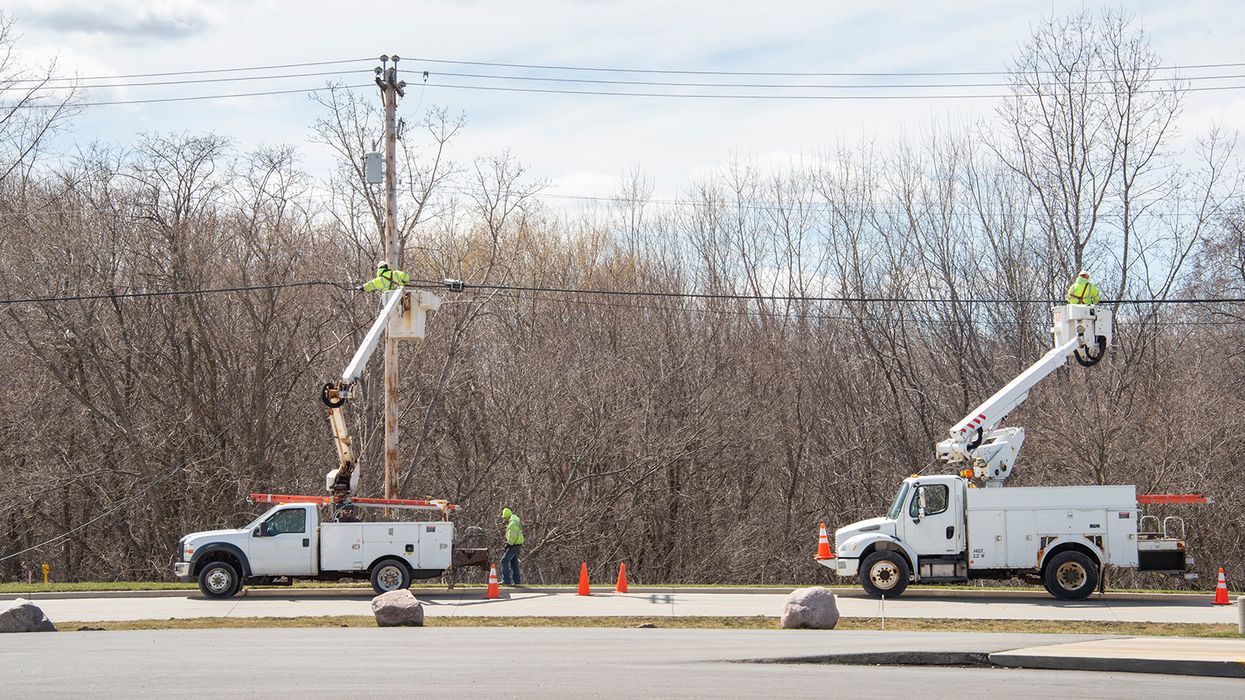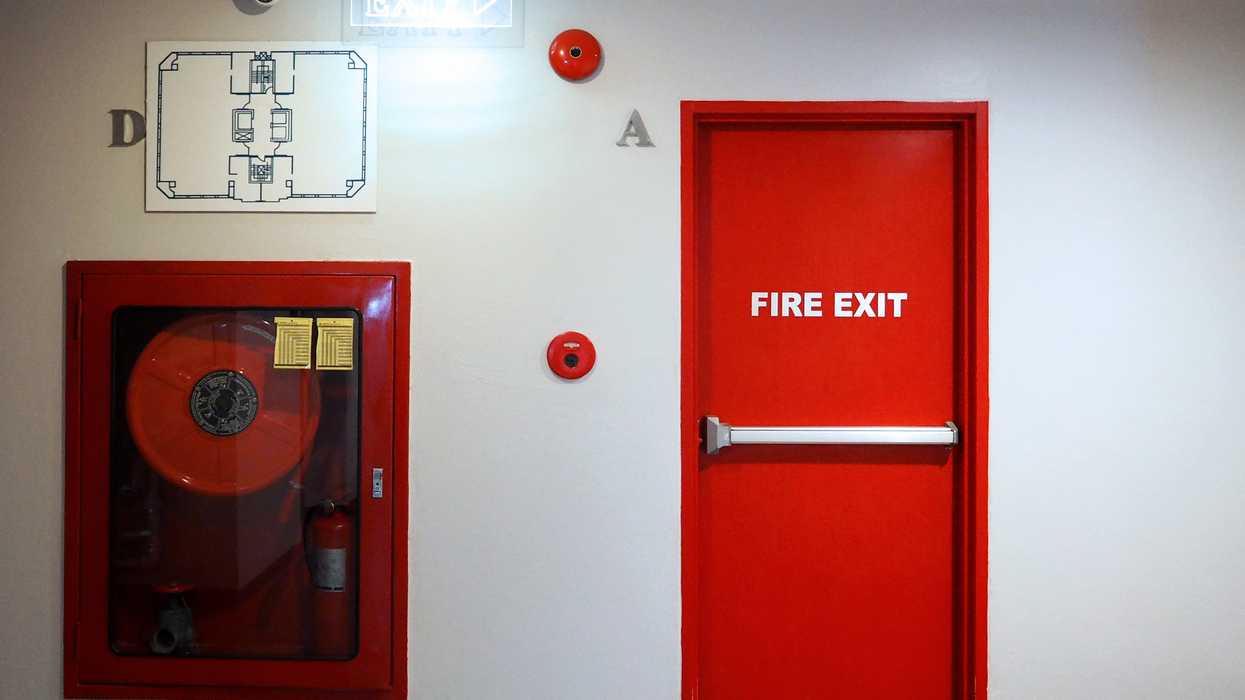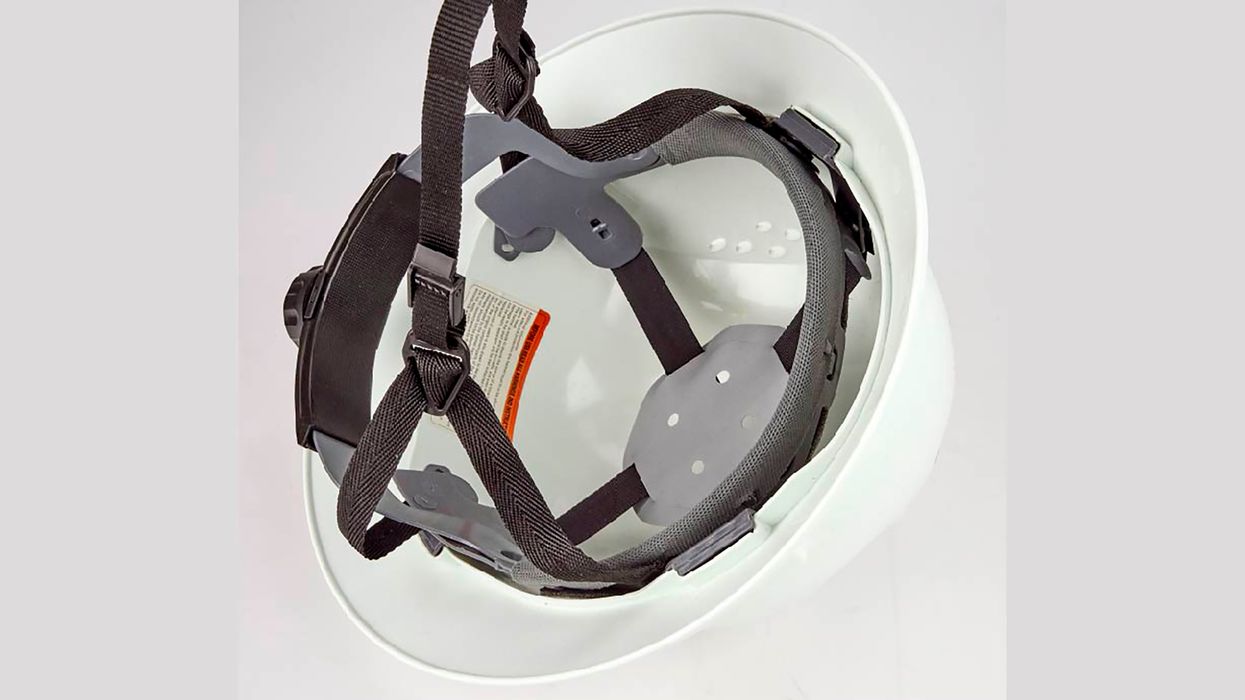From warning to winning: How CSA letters steer safety success
If you’ve ever received a warning letter based on poor Compliance, Safety, Accountability (CSA) scores, did you take action to improve your safety program? If you did, the letter served its intended purpose and may have prevented a crash, according to a recent study from the Federal Motor Carrier Safety Administration (FMCSA).
Four letters = one less crash
The agency estimates that almost 5,400 crashes were prevented as a direct result of the more than 22,000 warning letters sent in fiscal year 2020 alone. That’s about one crash prevented for every four warning letters issued.
The FMCSA says the letters also likely prevented over 2,700 injuries and saved 171 lives.
The findings affirm research from the University of Michigan which discovered that over 80 percent of motor carriers improved their safety outcomes within 12 months of receiving a warning letter.
Warning letters are meant to alert carriers to a high CSA score and get them to improve their safety performance before facing tougher enforcement measures.
Small carriers, big impact
Crash reductions were more pronounced among smaller motor carriers, the FMCSA says.
Crash rates went down by over 50 percent among carriers with 1-5 power units after receiving an intervention (warning letter, audit, etc.). Among carriers with 21-100 power units, the reduction was 11 percent.
The warning-letter threshold
Warning letters are issued automatically to motor carriers whose CSA scores go above a certain threshold, usually between 65 percent and 80 percent for most carriers (but lower for passenger and hazmat carriers).
In 2021, the FMCSA started issuing warning letters to companies with Unsafe Driving scores of 50 percent or more, since unsafe driving is more closely associated with crash risk.
Don’t ignore it!
If you’re on the receiving end of an FMCSA warning letter, read it carefully. It will:
- Identify the specific areas where your safety program may be lacking,
- Explain how to access your safety record at http://ai.fmcsa.dot.gov/sms,
- Outline the consequences of failing to take action, and
- Point you toward resources that can help improve your safety performance.
They’ll be watching
One thing you do NOT have to do is respond to the letter. It doesn’t hurt to do so, explaining what you’re doing to improve, but the FMCSA doesn’t expect it. Instead, the agency will be monitoring your safety record and could take additional actions — such as conducting an audit — if your safety record or CSA scores continue to slide.
Key to remember: Warning letters issued through the CSA program are helping to reduce crashes, injuries, and deaths, according to government estimates. If you receive one, it means it’s time to take action to improve your safety program.

